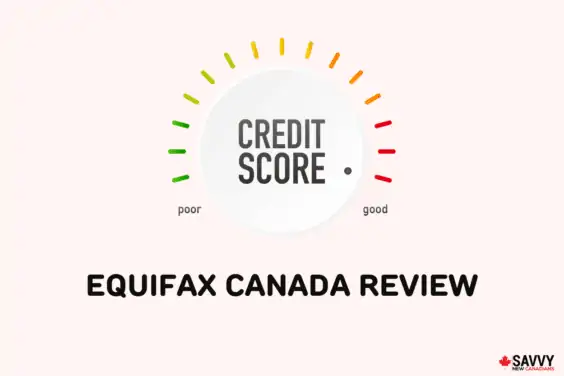I added One Up On Wall Street to my library in 2015 but didn’t get around to reading it until this Spring. At the end of 2016, I had added it to my financial education reading list for 2017.
The book written by Peter Lynch, first published in 1988 and followed by a second edition in 2000, is an excellent read and offers timeless advice to the everyday investor.
A theme that comes up again and again throughout this book, is that the average investor (average Joe) has the tools at their disposal to score a good one in the markets.
You don’t get very far in One Up On Wall Street (just 3 pages in…) before you come across a great nugget from Lynch: “great investors don’t invest in what they don’t understand.” This goes on to be a central theme in the book.
According to Lynch,
This is investing, where the smart money isn’t so smart, and the dumb money isn’t really as dumb as it thinks.
Lynch talks about how coming across the next “ten bagger” (i.e. a stock whose prices increases 10-fold) is something that happens as we carry out our daily mundane tasks.
He admonishes the average investor to avoid the unwritten Wall Street Rule: if you don’t understand it, then put your life savings into it.
One Up on Wall Street is divided into three sections:
Preparing to Invest
Here Lynch talks about how to assess yourself as a stock picker. “Investing in stocks is an art, not a science…” He voiced his distrust of academic stock-market theories including the efficient markets and Random Walk.
Fund managers are saddled with many restrictions that make it difficult for them to beat the market, and when you ask a bank to handle all your investments, mediocrity is what you are likely to get.
There are great investment opportunities to be found in your neighbourhood or workplace months and years before analysts and fund managers get to know about it. Keep your ears to the ground!
Before you start investing in stocks, ask yourself these 3 questions:
- Do I own a house?
- Do I need the money?
- Do I have the personal qualities that it takes to succeed?
The value of your house (real estate) as a good tool for investing is up for debate; however, Lynch believes that 99% of the time, a house will be a money-maker.
Predicting the direction of the stock market in the short term is a waste of time.
“Things are never clear until it’s too late.”
Picking Winners
Before you buy any stock, do your research!
Lynch divided companies into 6 categories: slow growers, stalwarts, fast growers, cyclical, turnarounds, and asset plays.
Some numbers are more important than others. Look at the cash position, dividends, P/E ratio, debt, inventories, growth rate, book value, cash flow, etc.
Before buying a stock, understand it. So much so that you can summarize why you’re interested in the stock and the success and failure factors that can impact the company’s business in 2 minutes.
After buying the stock, remember to update your knowledge of the company every few months to ensure that the story still looks good.
“Investing without research is like playing stud poker and never looking at the cards.”
The Long-term View
Here the book discusses when to buy and sell; dealing with a market collapse, and the problems with gambling on options, futures and the shorting of stocks.
Lynch mentions a point regarding the end of the year being a good time when stocks you’ve been waiting for may become available at reduced prices.
I have personally observed this trend in some international stock markets I occasionally trade well before reading One Up on Wall Street.
“To make 4, 5, or 6 percent on your stocks over a long period of time is terrible”. Historic long-term returns for stocks are in the 9-10% range.
To make it in the stock market, you do not have to be right all the time.
A few other quotes from Peter Lynch in One Up on Wall Street include:
“Know what you own, and know why you own it”
“The typical big winner in the Lynch portfolio generally takes three to ten years or more to play out.”
“Long-term investing has gotten so popular, it’s easier to admit you’re a crack addict than to admit you’re a short-term investor.”
“As I look back on it now, it’s obvious that studying history and philosophy was much better preparation for the stock market than, say, studying statistics. Investing in stocks is an art, not a science, and people who’ve been trained to rigidly quantify everything have a big disadvantage. If stock-picking could be quantified, you could rent time on the nearest Cray computer and make a fortune. But it doesn’t work that way. All the math you need in the stock market you get in the fourth grade.”
“I’m always fully invested. It’s a great feeling to be caught with your pants up.”
I generally enjoyed Lynch’s easy reading style and would rate the book 4.5/5 on relevance and applicability. Reading the book was a good reminder for me: do your research, understand the company, and think long-term!
Buy One Up on Wall Street on Indigo.
Related Posts:



